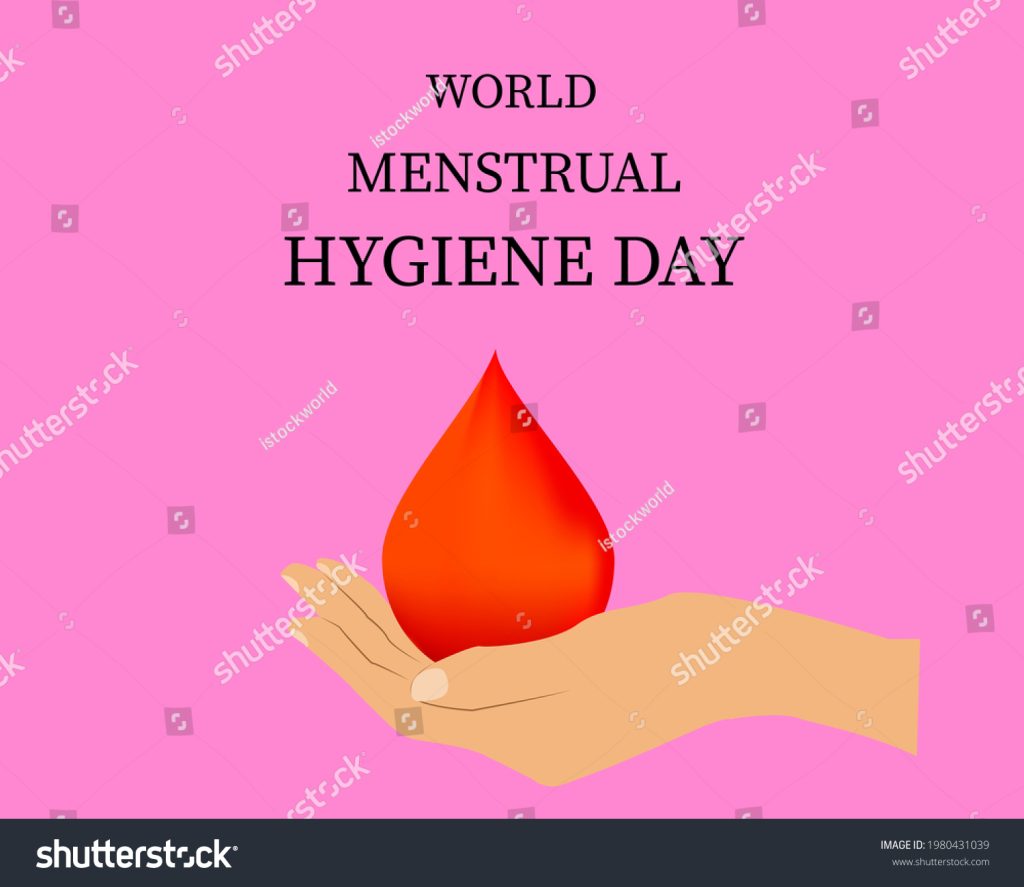Syllabus:
GS1: Role of women and women’s organization.
Context:
The World observes Menstrual Hygiene Day (MH Day) annually on May 28 to raise awareness about the importance of good menstrual hygiene management.
More on the News
The theme for Menstrual Hygiene Day 2025 is “Together for a #PeriodFriendlyWorld”
- It underlines the global commitment to eliminate the stigma surrounding menstruation and ensure that by 2030, menstruation is recognised as a normal and healthy part of life.
For millions of adolescent girls and women, menstruation is not just a biological process but a source of anxiety, stigma and health risk.
In India, almost 70% of reproductive diseases in women are linked to poor menstrual hygiene.
What is Menstrual Hygiene?
- Menstruation is a natural biological process in which the uterus sheds its lining, resulting in blood and tissue passing out of the body through the vagina.
- Menstrual hygiene refers to the practices and conditions that allow individuals to manage their periods safely and with dignity.
- This includes access to clean and effective menstrual products (like pads, tampons, or menstrual cups), privacy to change them as needed, and facilities to properly dispose of used products.
Menstrual Hygiene Day (MH Day)
- The initiative was started by the German NGO WASH United in 2013 through a 28-day social media campaign aimed at educating people about various aspects of menstruation.
- The date May 28 was chosen for its symbolic meaning—May, being the 5th month, represents the average length of menstruation in days, and 28 corresponds to the typical length of the menstrual cycle in days.
UN Women: Importance of Menstrual Hygiene Day
- Challenging taboos: Promoting open conversations about menstruation to break down persistent myths and social stigmas.
- Enhancing education: Providing accurate and age-appropriate menstrual health information, especially to young girls.
- Ensuring accessibility: Advocating for improved availability of menstrual products and adequate sanitation facilities.
- Uplifting women and girls: Empowering them to manage their periods safely and with dignity—an essential step toward achieving gender equality.

